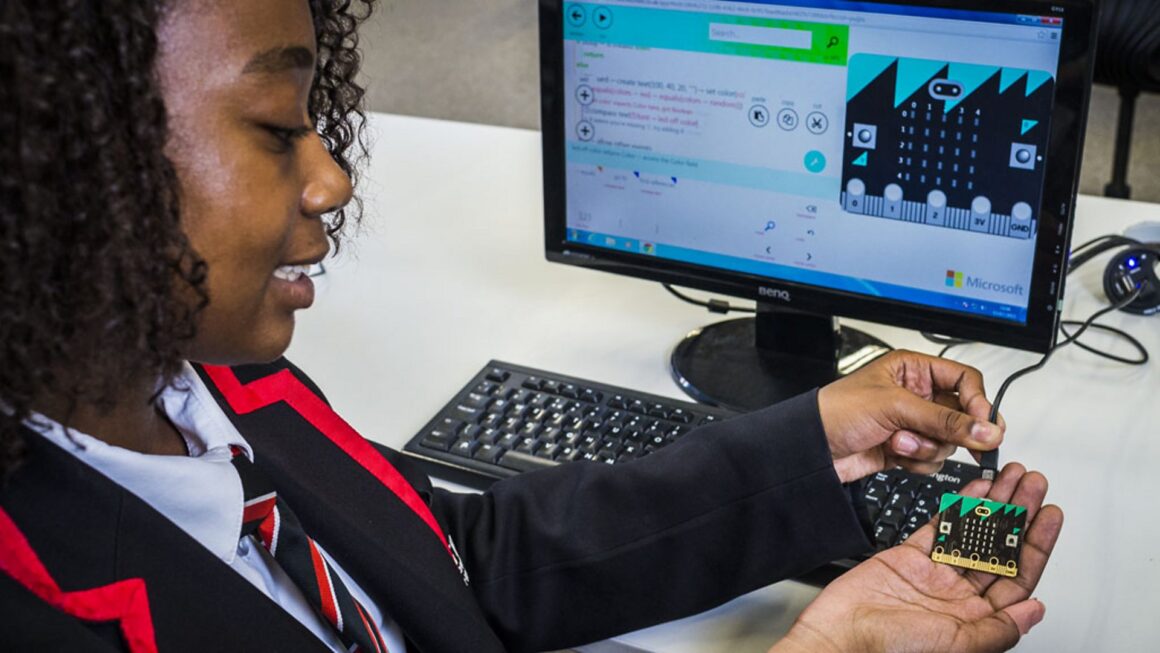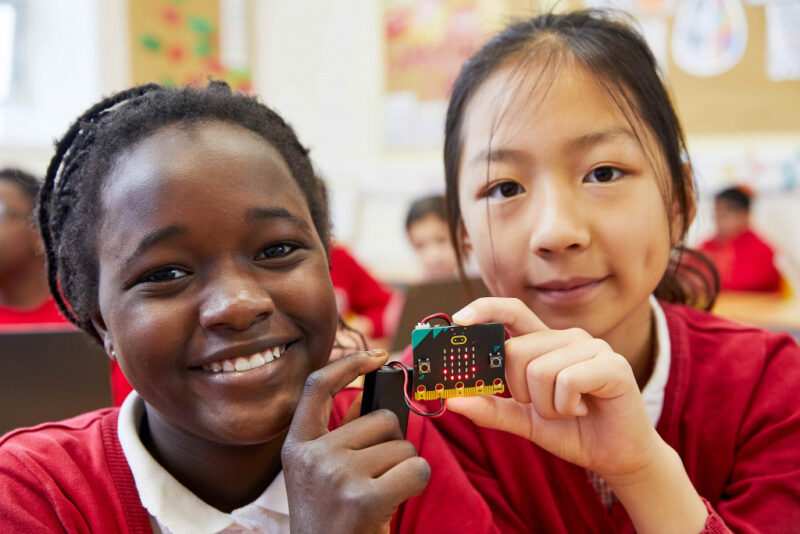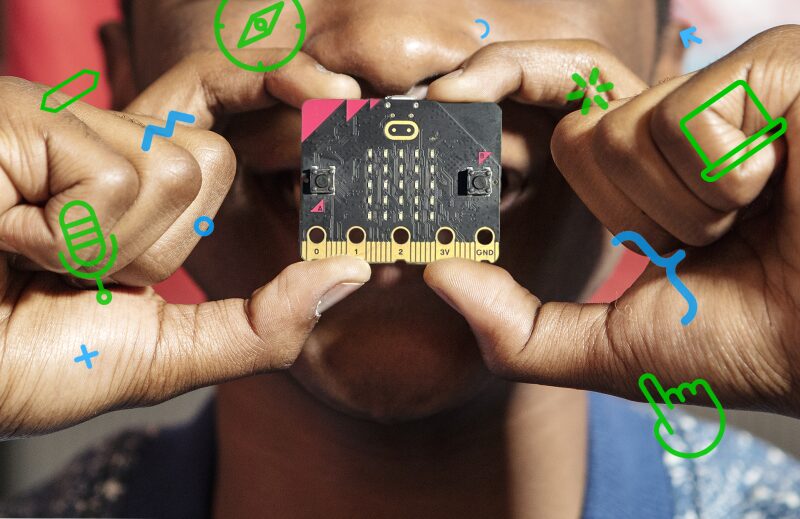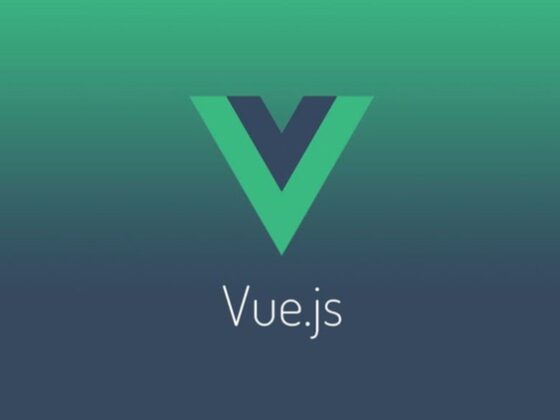The BBC micro:bit has been a cornerstone in the world of educational technology since its introduction. Designed to inspire children to get actively involved in writing software and building new things, the micro:bit has continually evolved. Its simplicity and versatility make it an invaluable tool for educators looking to incorporate more STEM (Science, Technology, Engineering, and Mathematics) learning into their classrooms. With recent developments, the micro:bit is set to become even more integral to educational curricula around the world. Here, we dive into the latest updates and how they can benefit educators and students alike.
Enhancements in Hardware
The newest iteration of the BBC micro:bit includes several significant hardware upgrades aimed at enriching the user experience and expanding its capabilities. These enhancements not only make it more powerful but also extend its utility in complex projects, making it an even more versatile tool for education.

The latest version of the BBC micro:bit boasts improved processing power, thanks to an upgraded microcontroller, which educators keen on the latest developments in educational technology need to know. This upgrade means that the micro:bit can now handle more complex code and run programs more smoothly than ever before. For educators, this translates to the ability to introduce students to more sophisticated projects and concepts without worrying about hardware limitations.
Connectivity has always been a strong suit of the micro:bit, and with the latest version, it’s gotten even better. The inclusion of new communication features ensures that the micro:bit can easily connect with other devices and the internet, opening up a myriad of possibilities for classroom projects.
Software and Curriculum Updates

To accompany the hardware upgrades, the BBC micro:bit team has released a suite of new programming resources and tools designed to make coding more accessible and engaging for students. These updates are geared towards helping educators introduce complex concepts in a way that is easy for students to grasp.
The new online code editor has been revamped to be more user-friendly, with additional features that make coding simpler for beginners. It supports various programming languages, including Python and JavaScript, offering students a broader learning curve and the ability to progress from block-based coding to text-based programming.
Understanding the importance of integrating technology into education, the micro:bit Educational Foundation has expanded its curriculum to include more interdisciplinary projects that combine coding with other subjects, such as science, mathematics, and even art. This holistic approach ensures that students not only learn to code but also see the practical applications of their skills across different fields.
Conclusion

The latest developments in the BBC micro:bit represent a significant leap forward in educational technology. With these updates, educators have even more resources at their disposal to inspire and engage students in STEM. The micro:bit continues to be a tool that breaks down the barriers to technology education, making it accessible and enjoyable for students around the globe.


